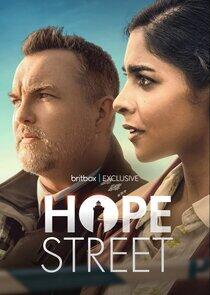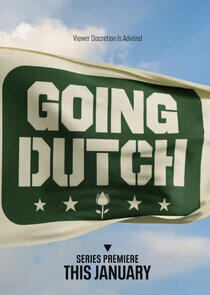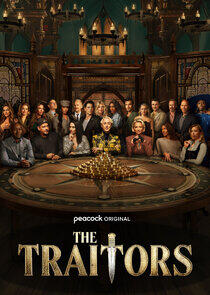Ian Hislop's School Rules - Season 1

Season 1

Episodes

The Fourth R
This first programme looks at how both state and private sector schools dealt with religion and had differing ways of instilling morality and discipline in their students. It also shows how experimental education was a feature of schooling after the First World War with tales of liberal teachers and their revolutionary methods.

Class Struggles
The thirties are often thought of as the Golden Age of English education, with well-mannered children happy to be taught by kind but firm teachers. Behind the image, Ian Hislop discovers an overcrowded, underfunded system dominated by Victorian thinking and, above all, the cane. Not surprising then, that in reaction the thirties saw a wave of progressive teaching methods, left-wing teachers and attacks on public school privilege. The culmination of this was the Butler Education Act of World War II and a battle with both Churchill and the Church of England to get it passed.

Raising Cain
An examination of the shifts in educational policy from the fifties to the present day, from the post-war 11-plus exam, through the beginning of the comprehensive era, the transformation of public schools and the progressive educational methods of the 1960s and 1970s to today's market-led system. Includes an interview with Sir Rhodes Boyson who, as a school teacher in the 1950s, was part of a growing number of teachers who disagreed with the inequalities that the eleven-plus examinations fostered.
As the move towards a fairer comprehensive system gathered momentum, `progressive educational methods' had taken hold by the mid-1960s. Hislop looks at the most notorious example of this in this period when, at the William Tyndale school in Islington, a cadre of six left-wing teachers presided over a junior school which descended into anarchy and scandal through radical teaching methods focusing on `freedom and the individual child'. The ensuing public enquiry resulted in the six teachers losing their jobs.
Recently Updated Shows

Forbidden History
Jamie Theakston's Forbidden History uncovers the truth behind great myths, conspiracy theories, ancient treasures, lost civilisations, and wartime secrets. Theakston left after Season 5.

Days of Our Lives
Days of our Lives is set in the fictitious Midwestern town of Salem. The core families are the Bradys, the Hortons and the DiMeras, and the multi-layered storylines involve elements of romance, adventure, mystery, comedy and drama.
Beginning on September 12, 2022, DAYS became exclusive to streaming on Peacock.

Hope Street
The series is set in the fictional town of Port Devine on the Northern Ireland coast and will focus on Port Devine's police department – and the mysterious arrival of English Detective Constable Alimah Kahn, the first Muslim police officer in the town's history. The character-led series combines a long-running serial narrative with self-contained crime stories in each episode.

Going Dutch
In Going Dutch a decorated, hard-ass colonel is tasked with running the least important U.S. Army base in the world, located in the tulip-hugging, wine-chugging Netherlands.

The Traitors
Set in a remote castle in the Scottish Highlands and based on the wildly popular Dutch series of the same name, 5-time Emmy-nominated Alan Cumming plays host to twenty larger-than-life personalities (including reality A-listers and America's best game players) who come together to complete a series of challenges with the objective of earning a cash prize of up to $250,000. The catch? Three of the contestants coined "the traitors" will devise a plan to steal the prize from the other contestants coined "the faithful".